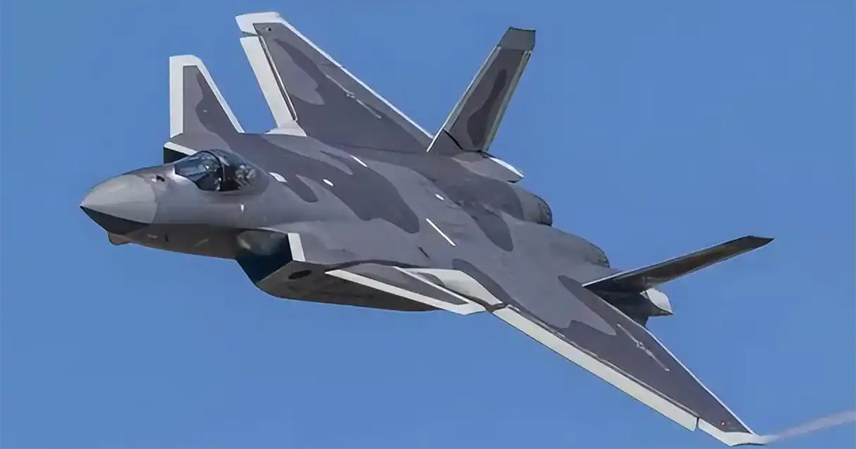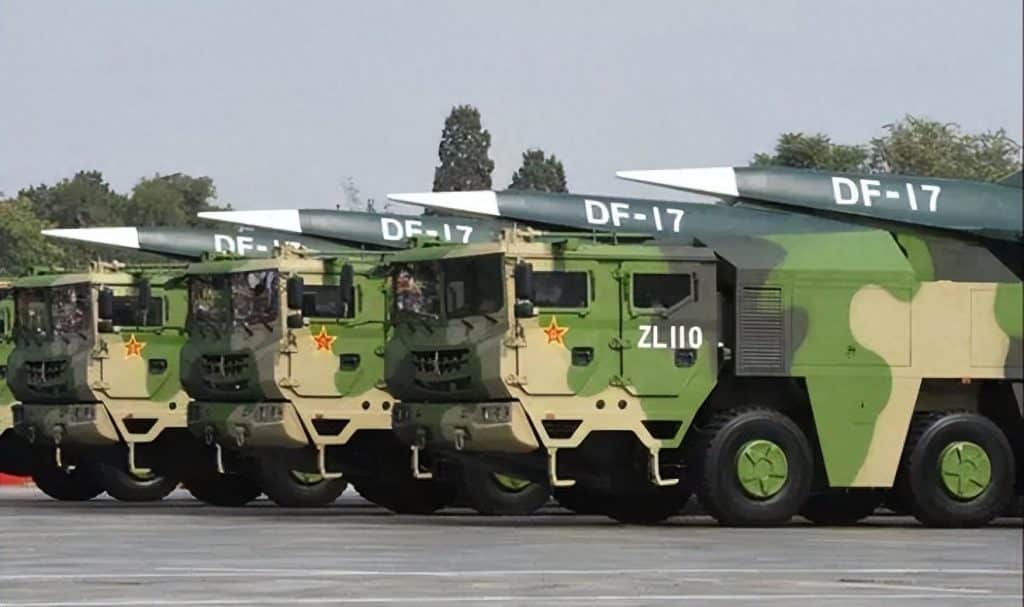At the 2025 Zhuhai Airshow, China unveiled the J-20S, a dual-seat stealth fighter dubbed an “aircraft carrier in the sky.” As the world’s first dual-seat heavy fifth-generation fighter, it commands up to six stealth drones, revolutionizing air combat. With a 1,800 km combat radius (extendable to 3,000 km with refueling), it outperforms global peers. The J-20S shifts warfare to manned-unmanned synergy, challenging US and Russian systems. Explore how it rewrites air combat rules.
Dual-Seat Innovation: Command Redefined
Unlike traditional dual-seat fighters, the J-20S assigns the front pilot to flight and tactics, while the rear pilot, as a tactical commander, manages six drones via two 21-inch touchscreens. With 50ms response latency, it enables real-time battlefield decisions.

This division boosts efficiency, allowing drone coordination and electronic warfare from a safe distance.
Extended Range: Strategic Reach
The J-20S overcomes stealth fighters’ range limits with larger fuel tanks and refueling options. Its 1,800 km radius, or 3,000 km with Y-20U tankers, covers the second island chain, pushing China’s air defense outward.
This range supports strikes on distant targets, enhancing regional deterrence.
Drone Synergy: New Combat Paradigm
The J-20S commands drones like Attack-11 for reconnaissance, baiting, or strikes. It uses electronic jamming to blind enemies, then directs multi-angle drone attacks, staying safe for final strikes.

Expert Du Wenlong notes this “swarm” tactic scraps old rules, giving China a 5-year lead over Western air systems.
Global Comparison: Leading Edge
US F-22 upgrades lag post-production halt. Russia’s Su-57 struggles with scale. Europe’s FCAS is stalled. The J-20S, tested in Northwest bases, integrates drones, jamming, and stealth, merging US exploratory paths into one platform.
The J-20S, unveiled in 2025, redefines air combat with drone command and extended range. As China leads manned-unmanned warfare, explore its game-changing impact!



